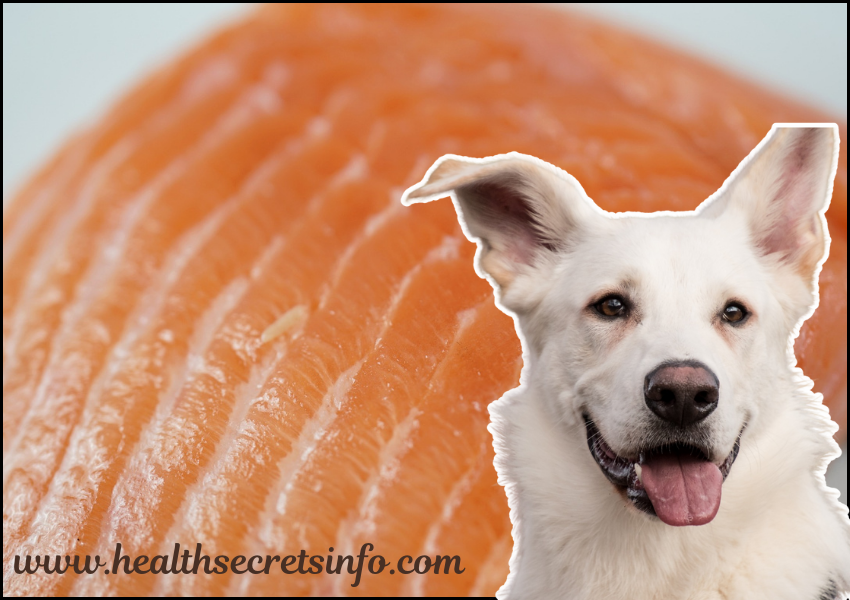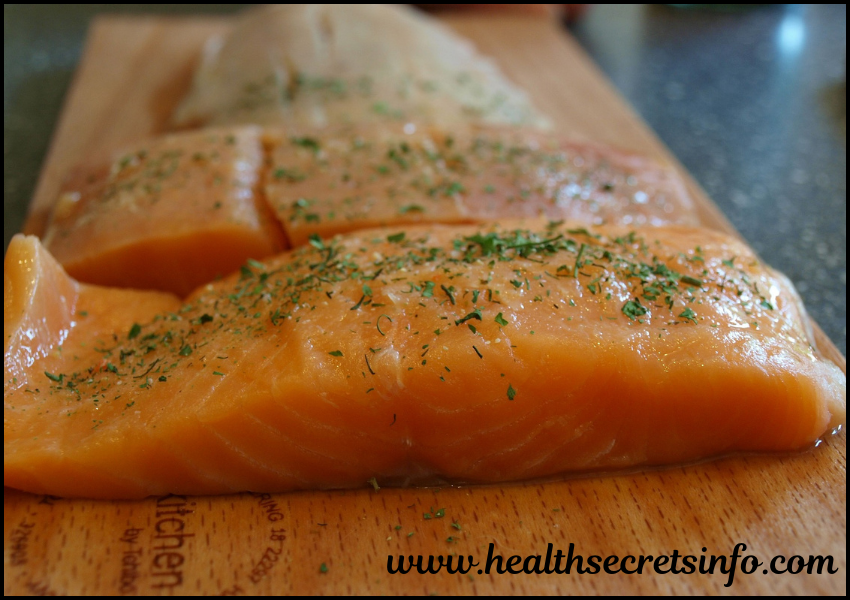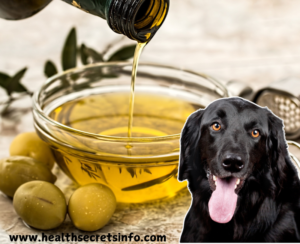can dogs eat salmon-everything you need to know

If you’re a dog owner, you’ve likely found yourself wondering at least once, Can dogs eat salmon? You’re not alone. As a pet parent, you want the very best for your furry companion, and choosing the right foods is essential to their health. Salmon, with its rich nutrients and health benefits for humans, often raises the question of whether it’s equally good for dogs. Let’s dive into the facts and see if salmon is a good fit for your dog’s diet.
Is Salmon Good for Dogs Every Day?
You may be curious whether salmon is good for dogs every day. After all, salmon is packed with Omega-3 fatty acids, which are known to benefit humans, but what about dogs? The short answer is yes, but with some important caveats.
While salmon is healthy and provides numerous benefits, such as supporting skin and coat health, reducing inflammation, and promoting heart health, moderation is key. Like many good things, too much can potentially cause harm. Feeding your dog salmon every day might lead to an imbalance in their diet. It’s always a good idea to alternate salmon with other protein sources to ensure your dog is getting a balanced diet. Therefore, while salmon is good for dogs, it’s better to serve it a few times a week rather than daily.
Can Dogs Eat Salmon Raw or Cooked?
You’ve probably also wondered, Can dogs eat salmon raw or cooked? Here’s where it gets interesting. While raw food diets have gained popularity among some pet owners, feeding your dog raw salmon can be risky. Raw salmon may contain harmful parasites, such as Neorickettsia helminthoeca, which can cause salmon poisoning in dogs. This condition can be fatal if not treated quickly.
So, when you ask, can dogs eat salmon raw or cooked, the answer is clear: always cook the salmon. Cooking salmon thoroughly eliminates parasites and bacteria, making it safe for your dog to enjoy. It’s best to grill, bake, or steam the salmon without adding any oils, butter, or seasonings, which can be harmful to dogs.
Can Dogs Eat Salmon Skin?
The next question that likely comes to your mind is, Can dogs eat salmon skin? Good news: salmon skin is generally safe for dogs. In fact, it can be quite nutritious because it contains a higher concentration of those beneficial omega-3 fatty acids. These fatty acids are excellent for your dog’s skin, coat, and overall well-being.
However, just like with the flesh of the salmon, it’s crucial that the skin is cooked and free from seasonings or oils. You also want to feed it in moderation because the skin is fattier than the flesh, and too much fat can lead to digestive issues or even pancreatitis in dogs. So, while the answer to can dogs eat salmon skin is yes, always ensure it’s cooked and given in reasonable portions.
Can Dogs Eat Salmon Bones?
Now, what about bones? You may be wondering, Can dogs eat salmon bones? The short answer is no. Salmon bones are small, brittle, and can easily become a choking hazard or cause internal injuries to your dog’s digestive tract. Even if you think your dog is a strong chewer, it’s not worth the risk.
Cooked salmon, which is what you should always serve to your dog, may also have bones that become even more brittle during the cooking process. So, if you ask can dogs eat salmon bones, remember that it’s always best to remove any bones before serving salmon to your furry friend.
Health Benefits of Salmon for Dogs
Now that you know how to safely serve salmon, you might be curious about its specific health benefits for dogs. Salmon is packed with omega-3 fatty acids, which have anti-inflammatory properties. These fatty acids are especially beneficial for older dogs who may suffer from joint pain or arthritis.
Additionally, omega-3s support cognitive function, helping to keep your dog’s brain sharp as they age. If your dog struggles with allergies or skin conditions, the omega-3s in salmon can help soothe dry, itchy skin and promote a shiny coat. Beyond that, salmon is also a great source of high-quality protein, which is essential for muscle maintenance and overall growth.
Related
Serving Salmon to Your Dog Safely
When serving salmon to your dog, there are a few safety precautions you need to follow. Firstly, ensure that the salmon is fully cooked, as we discussed earlier. Secondly, keep it plain. Dogs don’t need added salt, spices, or seasoning like we humans do. These additives can lead to upset stomachs or, in some cases, be toxic to dogs.
Moreover, make sure to remove all the bones. Even though salmon bones are small, they can be dangerous, as mentioned earlier. When you’re wondering can dogs eat salmon bones, it’s essential to remember that safety comes first, and the answer is no, remove all bones before serving.
How Much Salmon Should You Give Your Dog?
Portion control is crucial when feeding your dog salmon. Since salmon is rich in fats, it can be easy to overfeed. A general guideline is to feed your dog around 100 grams of cooked salmon per 10 pounds of body weight. However, this will vary depending on your dog’s individual needs, so it’s always a good idea to consult with your vet to determine the appropriate serving size. Incorporating salmon into your dog’s diet a few times a week can provide the health benefits without going overboard.
Can Dogs Eat Canned Salmon?
Canned Salmon is another option you might be considering. It can be a convenient and affordable way to feed salmon to your dog, but there are a few things to keep in mind. If you choose canned salmon, make sure it is packed in water and not oil. The extra oil can lead to an upset stomach or contribute to weight gain. Additionally, check the label to ensure there are no added salts or preservatives, as these can be harmful to your dog. While canned salmon can be a safe option, always look for wild-caught varieties as they tend to be lower in contaminants. Whether you’re offering canned or fresh salmon, make sure you’ve consulted with your vet about the appropriate serving amounts for your dog.
Can Puppies Eat Salmon?
Puppies, like adult dogs, can benefit from the nutrients found in salmon. However, you should be even more cautious with portion sizes and how it’s prepared. Puppies have more sensitive digestive systems, so it’s essential to introduce new foods slowly to avoid any adverse reactions. When offering salmon to your puppy, make sure it is thoroughly cooked and free from bones. Given the rich fatty content of salmon, it’s also a good idea to limit it to occasional treats rather than a regular part of their diet. Your vet can help guide you on when and how much salmon is appropriate for your growing puppy.
Signs of Salmon Allergy in Dogs
While salmon is generally safe for dogs, some dogs may have an allergic reaction to it, just like any other food. If it’s your first time feeding your dog salmon, keep an eye on them for signs of a food allergy. Symptoms might include itching, hives, vomiting, or diarrhea. If you notice any of these symptoms after feeding your dog salmon, it’s important to stop immediately and contact your vet. Though salmon allergies in dogs are rare, it’s always better to be safe than sorry. Introducing salmon slowly and in small portions will help ensure your dog can tolerate it.
Conclusion
In conclusion, can dogs eat salmon? Absolutely! Salmon is a fantastic source of omega-3 fatty acids, high-quality protein, and essential vitamins that can benefit your dog’s health in numerous ways. However, always remember the golden rules: serve salmon cooked, remove the bones, and avoid added seasonings. You’ve also learned that salmon is good for dogs every day, but only in moderation.
Feeding it once or twice a week is optimal to give your dog the health benefits without overloading them on one protein source. Similarly, when you ask, can dogs eat salmon raw or cooked, always go for cooked. Raw salmon poses risks that are simply not worth taking. As for can dogs eat salmon skin, yes, they can, but make sure it’s plain and cooked. And lastly, always remember that dogs should never eat salmon bones. They’re a choking hazard and can cause internal injuries.
By following these guidelines, you can safely incorporate salmon into your dog’s diet and help them thrive with a delicious and nutritious treat. Now, the next time you’re preparing salmon for yourself, you won’t have to wonder whether your furry friend can enjoy it too. They can just as long as you prepare it right!
FAQs
Can dogs eat salmon every day?
While salmon is packed with beneficial omega-3 fatty acids, it’s best to serve it in moderation. Feeding your dog salmon a few times a week is ideal to avoid dietary imbalances.
Is it safe for dogs to eat raw salmon?
No, raw salmon can contain harmful parasites that may cause salmon poisoning in dogs, which can be fatal. Always cook salmon thoroughly before feeding it to your dog.
Can dogs eat salmon skin?
Yes, dogs can eat salmon skin, as it contains high levels of omega-3 fatty acids. However, it should be cooked and free from oils, seasonings, or added fats, and served in moderation due to its fat content.
Should dogs eat salmon bones?
No, dogs should not eat salmon bones. They are small, brittle, and can pose choking hazards or cause internal injuries. Always remove the bones before serving.
What are the health benefits of salmon for dogs?
Salmon provides omega-3 fatty acids, which support skin, coat, heart health, and reduce inflammation. It’s also rich in high-quality protein, essential for muscle maintenance and overall well-being.












